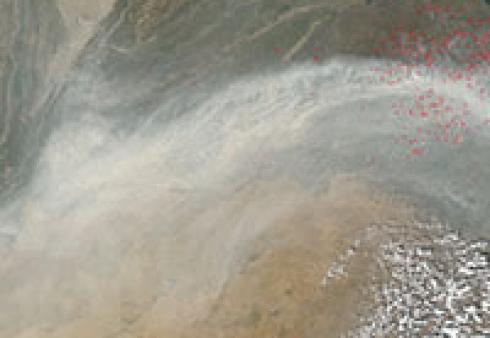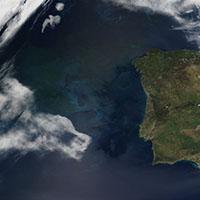News + Media

How Much Can They Deliver and at What Cost?

Solar panel system wins $10,000 prize for technology that makes energy and water more accessible in the developing world

How manmade aerosols can alter rainfall in the world’s most populous region

In ChinaFAQs column, Valerie Karplus assesses joint statement on emissions reductions

MIT researchers explain how technical analysis can avoid potential conflict.

On eve of summit with President Obama, see Valerie Karplus in Columbia University panel discussion on meeting China's climate goals today at 12:30-2:00 pm.

Proposal takes aim at Rwanda's air pollution

Study: Pattern of winners and losers explains U.S. policy on fuel subsidies.

A new study describes how irrigation development modifies local and regional climate.


